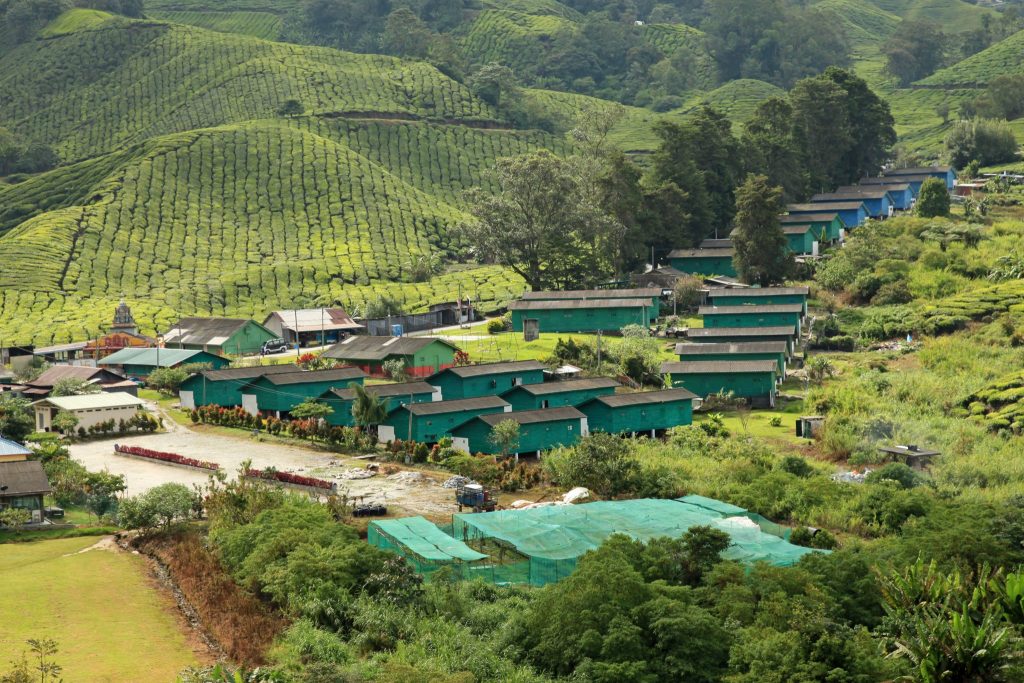Skift Take
Redeploying furloughed employees for work outside of their traditional expertise may not open new revenue streams for travel businesses during the coronavirus crisis, but such initiatives can lead to new learnings for the company and staff alike. It’s a better option than having idle workers.
These days staff at Malaysia’s Hwajing Travel and Tours are getting a lot more calls from customers, but the people they are dealing with on the other end are neither enquiring about cruise vacations or deferring their travel plans.
Instead, these agency employees are taking orders for fresh vegetables produce, a non-profit initiative that the Kuala Lumpur-based travel firm’s managing director Kenny Cheong launched when cruise bookings dried up as the coronavirus pandemic takes its toll on the global tourism sector.
When the travel boss saw that local farmers in Cameron Highlands had to dump their harvest due to disruptions in the food supply chain following Malaysia’s Covid-19 shutdown, he decided to lend a helping hand to alleviate the farmers’ plight by deploying his 50 employees, who were temporarily working from home, on a charitable mission to take vegetable orders from the public.
Through Hwajing staff, Malaysian consumers can purchase a box of mixed vegetables at RM30 ($7) and have the fresh greens delivered to their own doorstep or other charities with an additional delivery fee of RM8. The agency has moved over 1,500 vegetable boxes to date for residents of Klang Valley, the area surrounding Kuala Lumpur and Selangor.
“We went from selling RM3,000 cruise cabins to selling RM30 vegetables,” said Cheong, “but this crisis also gives us an opportunity to learn about other industries and how to manage food delivery logistics.”
There are plenty of parallels between the tourism and logistics industries, as customers also seek instant service and added value. “There were even housewives who placed their vegetable orders at 12 midnight, and my staff had to respond to them,” he shared.
The temporary gig also enabled his staff to pick up and hone their marketing and sales skills through online channels such as Facebook, something that Cheong believes will come in handy in post-Covid recovery.
Southeast Asia’s tourism sector has traditionally lagged behind other regional markets such as China in digital adoption, but Cheong believes the crisis will now accelerate the uptake of online spending among consumers in the region.
Seeking New Purposes
Hwajing is not alone in Southeast Asia’s travel industry in funneling idle workers to unusual roles outside their traditional expertise during the coronavirus downtime.
Just as hotels are repurposed to provide temporary housing for healthcare workers or guests on quarantine orders, some grounded air crew of Singapore Airlines and Jetstar Asia have embarked on public service duties to educate locals on the importance of social distancing in Singapore.
In Cambodia, Jaya House Hotels Managing Director Christian de Boer is encouraging idle tuk-tuk drivers to grow baby hardwood trees and sell them back to the hospitality group for $1 each, which will then be donated and planted in people’s residences and gardens around Siem Reap.
Although the tree-planting initiative does not yield financial rewards for Jaya Hotel Hotels, de Boer believes the move is more of a “pay it forward” tribute to Cambodia.
The Siem Reap-based hotelier wants to protect local livelihoods and motivate staff to envision a future in the tourism industry without relying on handouts, hence the tree-planting initiative will offer a “win-win-win” situation for the tuk-tuk drivers, the hotel group and the Cambodian society at large, he stated.
“My job has gone from managing a group of hotels of 200 staff to taking care of them and their families during this crisis,” he said. “I believe this will pay off eventually and everyone will be excited to return to work when recovery comes.”
The Daily Newsletter
Our daily coverage of the global travel industry. Written by editors and analysts from across Skift’s brands.
Have a confidential tip for Skift? Get in touch
Tags: asia, cambodia, coronavirus, furloughs, malaysia, tourism
Photo credit: Vegetable and fruit farmers in Malaysia’s Cameron Highlands had to let their harvest go to waste when the coronavirus shutdown posed disruptions in the supply chain. Sam D'Cruz / Adobe
